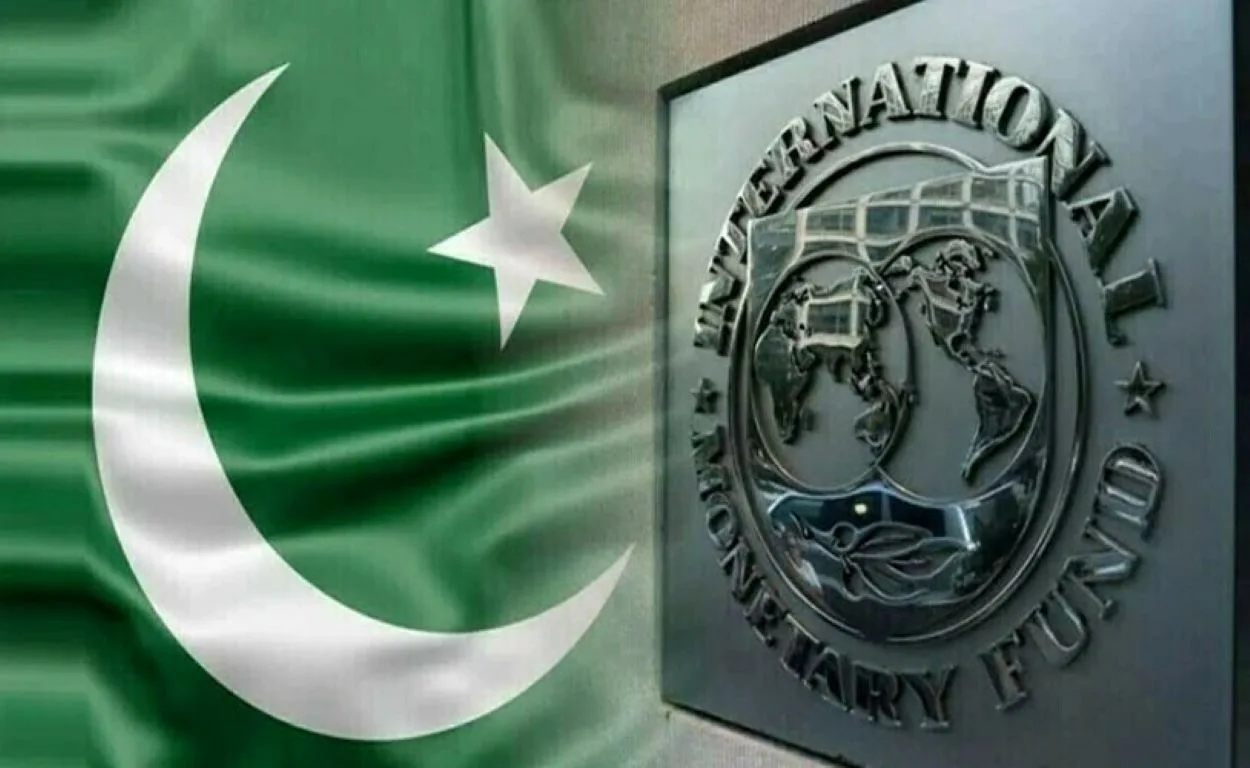The International Monetary Fund (IMF) has set a demanding precondition for a new bailout package for Pakistan. Insisting on an 18% sales tax on nearly all goods, including medicines, puts the Pakistani government in a precarious situation.
Prime Minister Shehbaz Sharif, hesitant to immediately accept these tax-related mandates, directed the Ministry of Finance to reevaluate the proposal.
Under the IMF’s stipulations, the Federal Board of Revenue (FBR) must aim for a tax collection target of approximately 12.9 trillion rupees for the next fiscal year. This target is 40% higher than the expected 9.23 trillion rupees for the current fiscal year, necessitating an additional collection of 3.7 trillion rupees—a daunting challenge amid the ongoing economic downturn. Previously, the Ministry of Finance had set a tax target of 12.4 trillion rupees for the next year, which was later revised to 12.9 trillion rupees.
The Ministry of Finance provided a comprehensive briefing last Friday after the IMF mission’s departure. Last week, the IMF also briefed the Prime Minister on the overall budget size and the attached conditions.
Additional preconditions for the bailout include a rise in electricity prices from July, adjustments to gas pricing, and the requirement to secure approval for the new budget as per IMF directives. The Prime Minister was informed that to comply with the IMF’s conditions, an 18% sales tax would need to be applied universally, barring essential food items and those under autonomous agreements.
Upon learning about these stringent conditions, the Prime Minister did not immediately decide but requested a further review by the Ministry of Finance. Another round of discussions with the IMF is anticipated next week.
The sales tax exemptions cost the Pakistani economy about 2.9 trillion rupees annually, with 1.4 trillion rupees attributed to petroleum product exemptions. There is a proposal to impose a 5% sales tax on all petroleum products, with the remaining financial impact managed through the petroleum levy. In the upcoming budget, at least 1.5 trillion rupees worth of these sales tax exemptions are expected to be withdrawn.
While the IMF acknowledged significant progress last Friday, the two-week mission concluded without reaching an agreement on a new bailout package, as Pakistan faces political instability and economic challenges.
Local sources express concerns that fulfilling all IMF conditions would burden the public substantially and potentially strain bilateral relationships. The agreement with the IMF is contingent upon the prior approval of its Executive Board.
The IMF mission, led by Chief Nathan Porter, engaged with key stakeholders during their stay in Pakistan. Discussions included meeting U.S. Ambassador Donald Blum to evaluate Pakistan’s budget preparations and alignment with fiscal and external sector sustainability goals.
Amid rising political pressures, the Muslim League (N) ) led coalition government strives to stabilize the economy. It had hoped to finalize the Extended Fund Facility program promptly, but the IMF has tied any agreement to the approval of the forthcoming budget according to its conditions.
Porter emphasized that the government’s reform program is geared toward steering Pakistan towards robust, inclusive, and resilient economic growth, stabilizing public finances, and continuing efforts to achieve low and stable inflation through appropriate monetary and exchange rate policies. Discussions between the IMF and Pakistan will continue as they negotiate the necessary financial assistance.






